Taliban say committed to intra-Afghan talks as president orders security shakeup
The Taliban say they are committed to the intra-Afghan peace talks, while calling for the implementation of a “genuine Islamic system” in the country, once foreign military presence is over.
The head of the Taliban’s political office, Mullah Abdul Ghani Baradar, said in a statement on Sunday that "a genuine Islamic system is the best means for solution of all issues of the Afghans.”
“We understand that the world and Afghans have queries and questions about the form of the system to be established, following withdrawal of foreign troops,” he said.
“Our very participation in the negotiations and its support on our part indicates openly that we believe in resolving issues through (mutual) understanding,” Baradar added,
He pledged that women and minorities would be protected and diplomats and NGO workers would be able to work securely.
“We take it on ourselves as a commitment to accommodate all rights of citizens of our country, whether they are male or female, in the light of the rules of the glorious religion of Islam and the noble traditions of the Afghan society,” he said.
Baradar said authorities would provide facilities “for women to work and be educated.”
The Taliban had taken a harsh stance on Afghan girls and women during their rule.
The militant group barred girls from schools and women from working outside their homes and prohibiting them from being in public without a male relative.
The groups’ five-year rule came to an end following the US-led invasion of Afghanistan in 2001.
Many have warned that the withdrawal of all foreign forces could intensify violence in the absence of a peace deal between the Taliban and the Afghan government.
In the meantime, there has been a dramatic surge in violence across the country, as the Taliban have intensified attacks to capture more territories.
The Taliban claim to have seized more than 40 districts since early May, forcing military leaders to strategically retreat from a number of rural districts.
Some lawmakers have warned that the Taliban will launch attacks on major cities if the government does not take immediate action to retake the areas that have fallen to the group.
“Last night, the police chief of Khawja Sabzposh district (in Takhar) phoned (me) for air support and refused to retreat and vowed to fight,” said Fawzia Raufi, an MP from Faryab.
“They waited until midnight. When pressure mounted, they surrendered to the Taliban,” he said.
“If weapons and other military equipment aren’t supplied,” he said, several districts will fall to the hands of the Taliban.
“Other neighboring districts like Baharak and Bangi and even the city of Taluqan will fall if the clashes continue at the same pace and if the central government does not pay attention to Takhar,” said Nazifa Yousuf Bek, an MP from Takhar.
The developments have prompted President Ashraf Ghani to order a shake-up of two ministries charged with managing national security.
The president’s office said in a statement that Ghani had appointed General Bismillah Khan Mohammadi as the new defense minister. General Abdul Sattar Mirzakwal was appointed interior minister.
Mohammadi has previously served as the defense and interior minister as well as the chief of army staff after the fall of the Taliban following a US-led invasion in 2001.
The new defense minister replaces Asadullah Khalid, who has repeatedly flown out of the country for treatment of wounds suffered in an assassination attempt in 2012.
The Taliban have warned that the passing of the May 1 deadline for a complete withdrawal “opened the way for” the militants to take every counteraction they deemed appropriate against foreign forces in the country.
The militants are now present in almost every province and are encircling several major cities.
VIDEO | Iran eases the rules for exporting hand-woven carpets
VIDEO | Intl. Day for the Elimination of Violence against Women: A stark reminder of Gaza women
Australia denies ex-Israeli minister Shaked visa
VIDEO | 85% of Yemeni displaced people face daily hunger crisis
US House passes bill targeting charities and pro-Palestine groups
VIDEO | Supporting Gaza genocide
Hezbollah attacks Israeli forces after Lebanese homes blown up
World leaders, states hail ICC arrest warrants for Netanyahu, Gallant


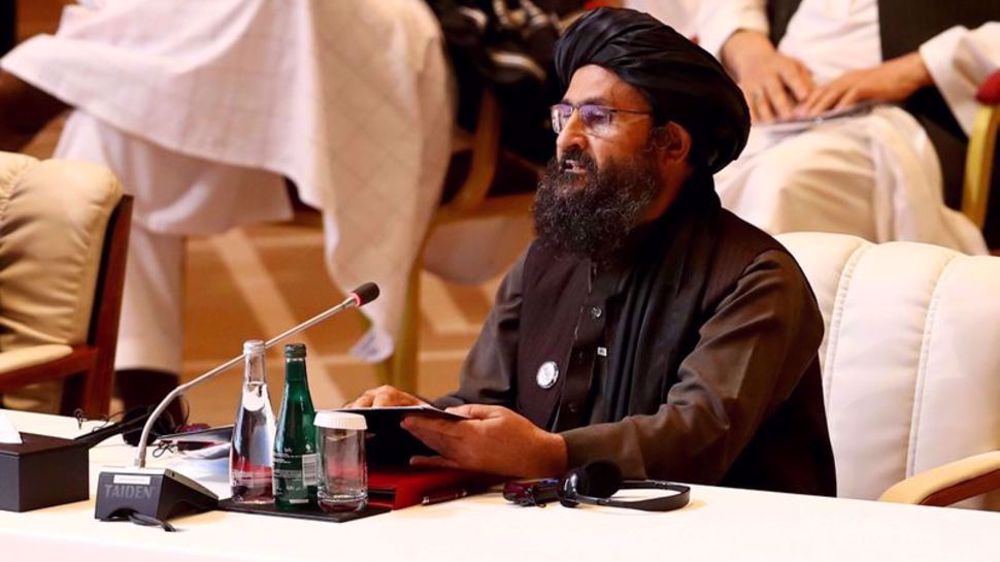


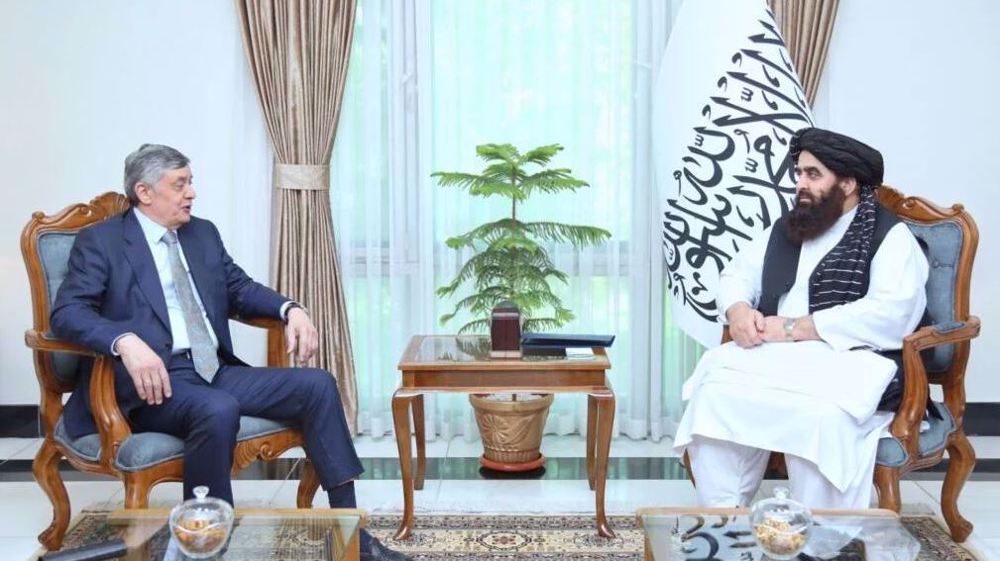
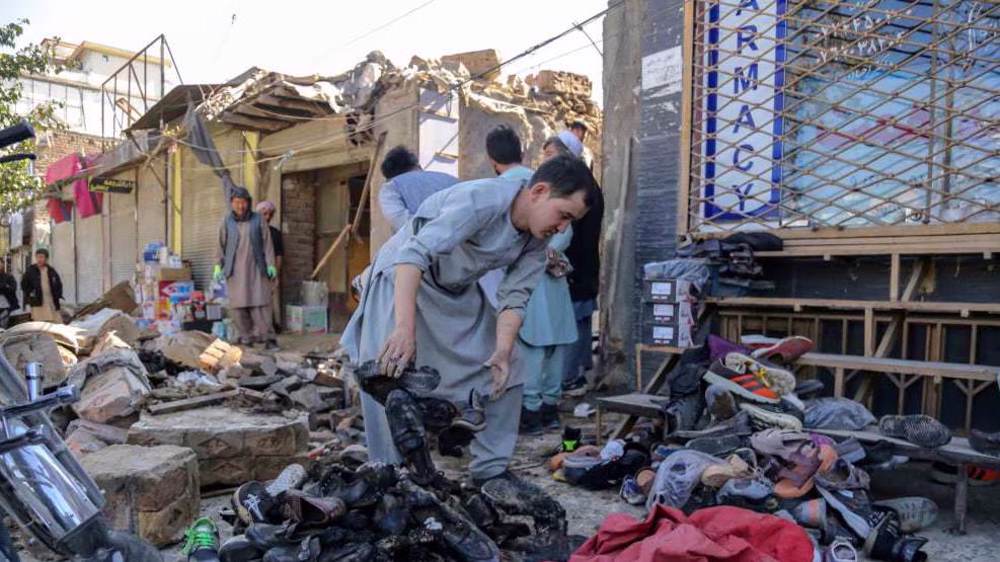
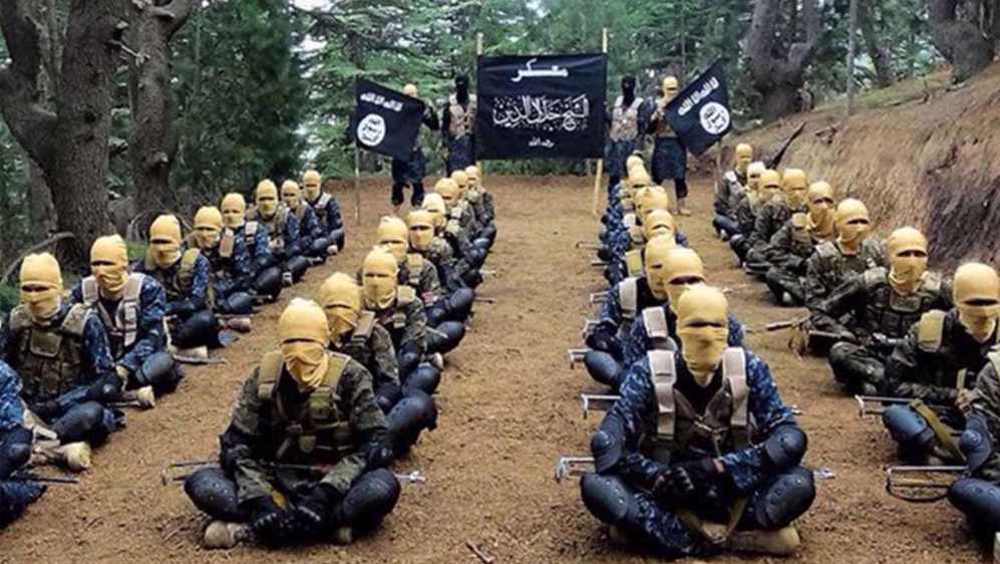



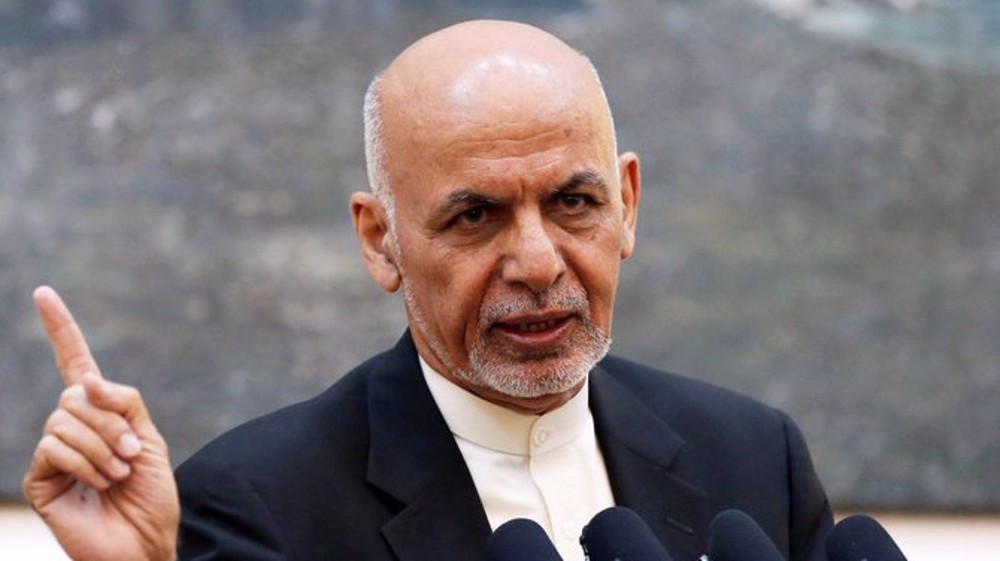
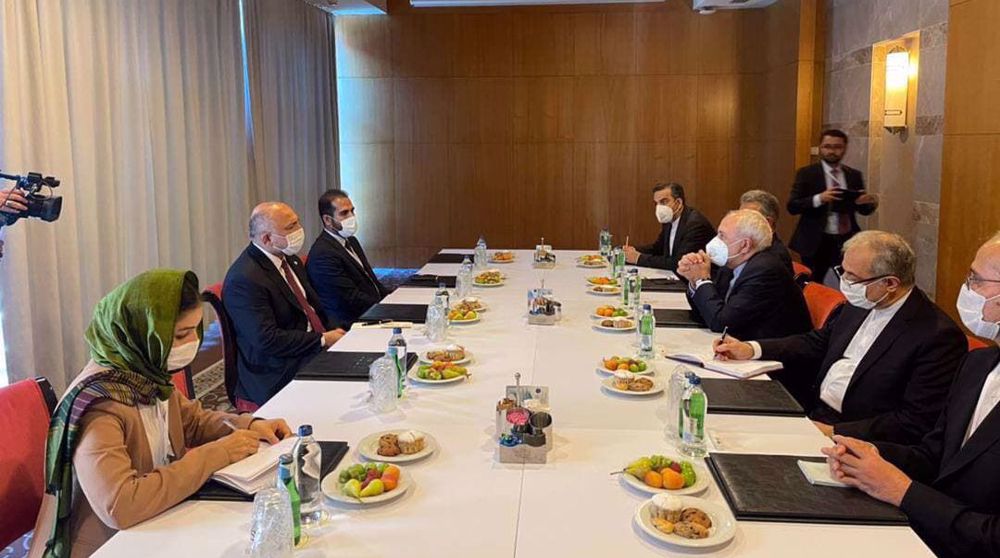

 This makes it easy to access the Press TV website
This makes it easy to access the Press TV website